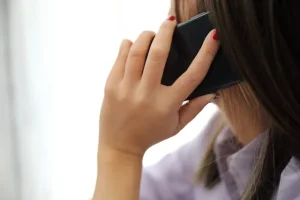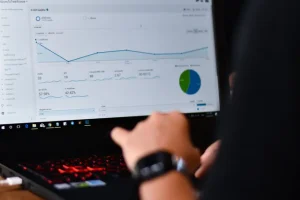The TCPA’s “Emergency Purpose” Exemption
In light of recent developments in the spread of novel coronavirus (“COVID-19”) and numerous federal and state public health emergency declarations, it is important to be aware that Telephone Consumer Protection Act (“TCPA”) restrictions on calling or texting consumers for a commercial purpose are still in effect. However, the Federal Communications Commission (“FCC”) has carved out specific exemptions to TCPA consent requirements when the communication has an emergency purpose.
The rules define calls made with an emergency purpose as those necessary in situations “affecting the health and safety of consumers.” When placing calls under the TCPA’s emergency exemption, calls and texts are allowed to be sent to consumers without consent as long as the content and purpose of the communication is to alert them to an emergency situation.
Examples could include:
- Rescheduling of appointments
- Location closed or hours updated
- Interruption in service
- How a current service will change during the emergency
Courts have accepted the emergency purpose exception in several instances, including:
- Messages from schools to parents or guardians relating to “weather closures, incidents of threats and/or imminent danger to fire, dangerous persons, health risks (e.g., toxic spills), and unexcused absences.”
- Messages from utility companies regarding service outages
- Messages from pharmacy benefit managers to obtain information needed to fulfill urgent prescriptions
Courts have rejected the emergency purpose exception in other instances, including:
- In the context of prescription notice calls, where the recipient informed the pharmacy that he or she does not want to receive prescription notice calls and the calls continued. St. Clair v. CVS Pharmacy, Inc.
- Where the recipient informed the caller that the caller has reached the “wrong number” and the calls continued. Coleman v. Rite Aid of Georgia, Inc.
- Where the calls concern “telemarketing, solicitation, or advertising content, or which include accounting, billing, debt-collection, or other financial content[.]” ACA Int’l v. FCC
How to Comply:
- When placing outbound calls and text messages for emergency purposes, the messages must be specifically tailored to providing vital information or alerting consumers to the emergency situation
- The exemption does not cover calls and texts that offer products and services, even if designed to address the COVID-19 emergency
- Remember, calls and text messages sent to consumers for a commercial purpose outside the emergency exemption as defined by the FCC are required to have the applicable level of TCPA consent
If you have questions regarding communications that qualify under the TCPA’s emergency purpose exemption, the team at CompliancePoint is here to help.
CompliancePoint provides a wide array of consulting and audit services focused on helping clients obtain compliance and risk mitigation at a procedural level. Our services include compliance audits, risk assessments, vendor monitoring, expert witness services, compliance training, and more. For any questions regarding our services, please feel free to reach out to us at consulting@compliancepoint.com.
Finding a credible expert with the appropriate background, expertise, and credentials can be difficult. CompliancePoint is here to help.





